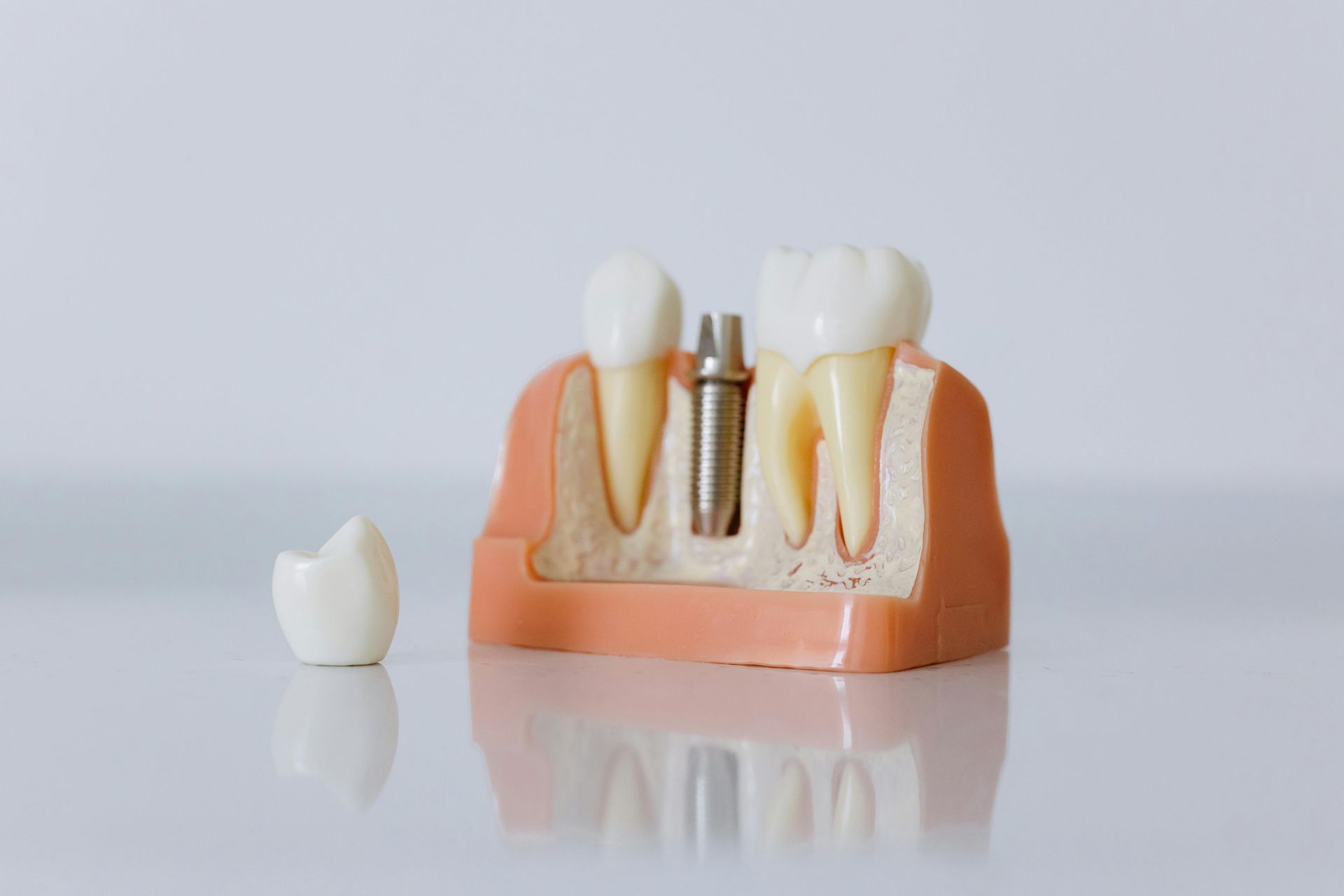HELP ME WITH
WISDOM TEETH
Wisdom teeth pain or swelling can disrupt daily life, from eating to working. We explore symptoms to help you understand and address this uncomfortable, anxiety-inducing issue.

Our dental practice offers compassionate, expert care for wisdom teeth. Learn pain relief tips and treatment options from a dentist near you to restore your comfort quickly.

What Are Wisdom Teeth?
Wisdom teeth, or third molars, typically emerge between ages 17 and 25. Most people have four, one in each corner of the mouth, but some may have fewer or none. These teeth can grow normally or become impacted, meaning they’re trapped under the gum or misaligned. Impacted wisdom teeth often cause pain or complications, requiring attention from a
local dentist.
Symptoms of Wisdom Teeth Problems
Wisdom teeth issues vary, but common signs include:
- Pain or Discomfort: A dull ache or sharp pain at the back of the mouth, especially when chewing.
- Swelling: Inflamed gums or jaw around the wisdom tooth.
- Difficulty Opening Mouth: Stiffness or pain when trying to open your mouth fully.
- Bad Breath or Taste: Infection or trapped food particles can cause an unpleasant taste.
- Crowding: Wisdom teeth may push against other teeth, causing misalignment.
For example, a student might feel a nagging ache during revision, or a parent might notice swelling while eating dinner. A dentist near you can assess these symptoms to determine the best approach.
Why Wisdom Teeth Cause Pain
Pain often arises when wisdom teeth are:
- Impacted: Stuck under the gum or growing at an angle, pressing on nerves or other teeth.
- Infected: Bacteria can enter partially erupted teeth, causing inflammation or abscesses.
- Crowding Nearby Teeth: Lack of space can lead to pressure and discomfort.
- Decayed: Wisdom teeth are hard to clean, making them prone to cavities.
Understanding the cause helps your local dentist recommend the right treatment, whether it’s monitoring or removal.
Wisdom Teeth Treatment Near You
A dentist near you will examine your wisdom teeth, often using X-rays to check their position and health. Treatment options include:
- Monitoring: If the teeth are healthy and properly aligned, regular check-ups may be enough.
- Extraction: Impacted, infected, or problematic wisdom teeth may need removal. This is done under local or general anaesthesia for comfort.
- Antibiotics: For infections, antibiotics may be prescribed before or after extraction.
- Pain Management: Your dentist may suggest specific pain relief options post-treatment.
Our team ensures a gentle experience, calming fears for patients nervous about procedures. For instance, a first-time patient might worry about extraction, but modern techniques make it straightforward and manageable.
Pain Relief Tips for Wisdom Teeth
While waiting to see a local dentist, try these at-home remedies to ease discomfort:
- Rinse with Salt Water: Mix a teaspoon of salt in warm water and rinse gently to reduce inflammation.
- Painkillers: Over-the-counter options like ibuprofen or paracetamol can help. Follow dosage instructions carefully.
- Cold Compress: Apply a wrapped ice pack to your cheek for 15 minutes to reduce swelling.
- Soft Foods: Stick to soups, yoghurt, or mashed potatoes to avoid aggravating the area.
- Avoid Irritants: Skip spicy, hot, or crunchy foods that may worsen pain.
These tips provide temporary relief, but professional care from a dentist near you is essential for lasting solutions.
When to See a Dentist Near You
Contact a local dentist immediately if you experience:
- Severe pain that doesn’t ease with painkillers.
- Significant swelling in your gums or jaw.
- Fever or a bad taste, indicating a possible infection.
- Difficulty swallowing or breathing, which requires urgent care.
Prompt action can prevent complications like infections spreading. We’ve helped many patients find relief from wisdom teeth pain, restoring their peace of mind.
Preventing Wisdom Teeth Problems
While you can’t prevent wisdom teeth from growing, you can reduce complications:
- Brush and floss regularly, focusing on the back of your mouth.
- Visit your dentist near you every six months for check-ups to monitor wisdom teeth.
- Avoid habits like chewing hard objects that could damage emerging teeth.
Small steps, like rinsing after meals, can keep your mouth healthy and reduce risks.
Your Trusted Dentist
Book Your Dental Appointment Today
Call us now or
Book online to schedule your consultation with a trusted local dentist.



